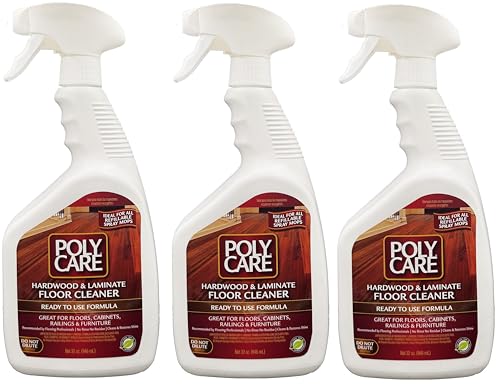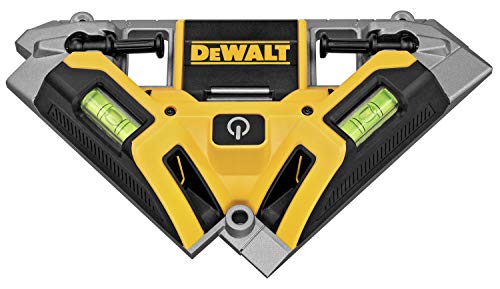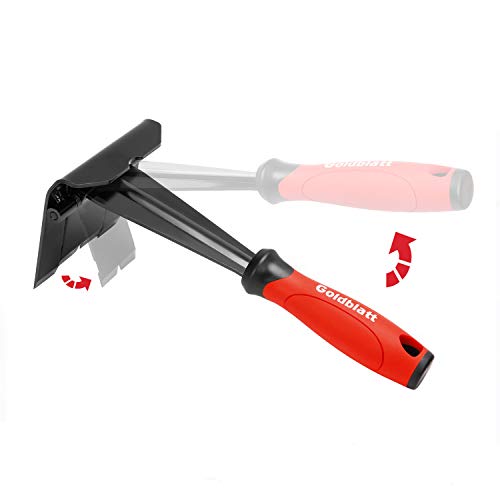Al from Durham
Member
Hello there.
I am endeavoring to put VCT tiles on an old subfloor that will have some residue of the previous floor's adhesive on it. The residue is removed to flatness. You can't feel it but you can see it.
I can't imagine that nobody else ever does this. I imagine that it is probably pretty common.
I'll have to level some areas too. But my question is whether the adhesive manufacturer's demand for a virgin wood surface is reasonable or is there some slack in that?
I am endeavoring to put VCT tiles on an old subfloor that will have some residue of the previous floor's adhesive on it. The residue is removed to flatness. You can't feel it but you can see it.
I can't imagine that nobody else ever does this. I imagine that it is probably pretty common.
I'll have to level some areas too. But my question is whether the adhesive manufacturer's demand for a virgin wood surface is reasonable or is there some slack in that?




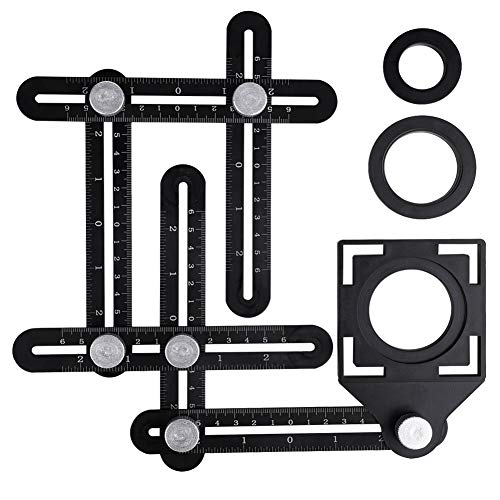

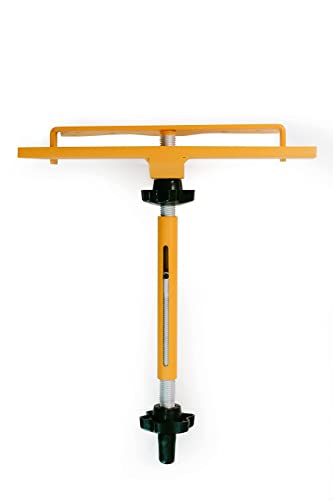
![MORE Luxury Vinyl Floor Cleaner for Vinyl Plank Flooring - Ready to Use, Daily Cleaning Formula for Tile, Vinyl Surfaces [Gallon / 128oz]](https://m.media-amazon.com/images/I/413LZHZiqCL._SL500_.jpg)






